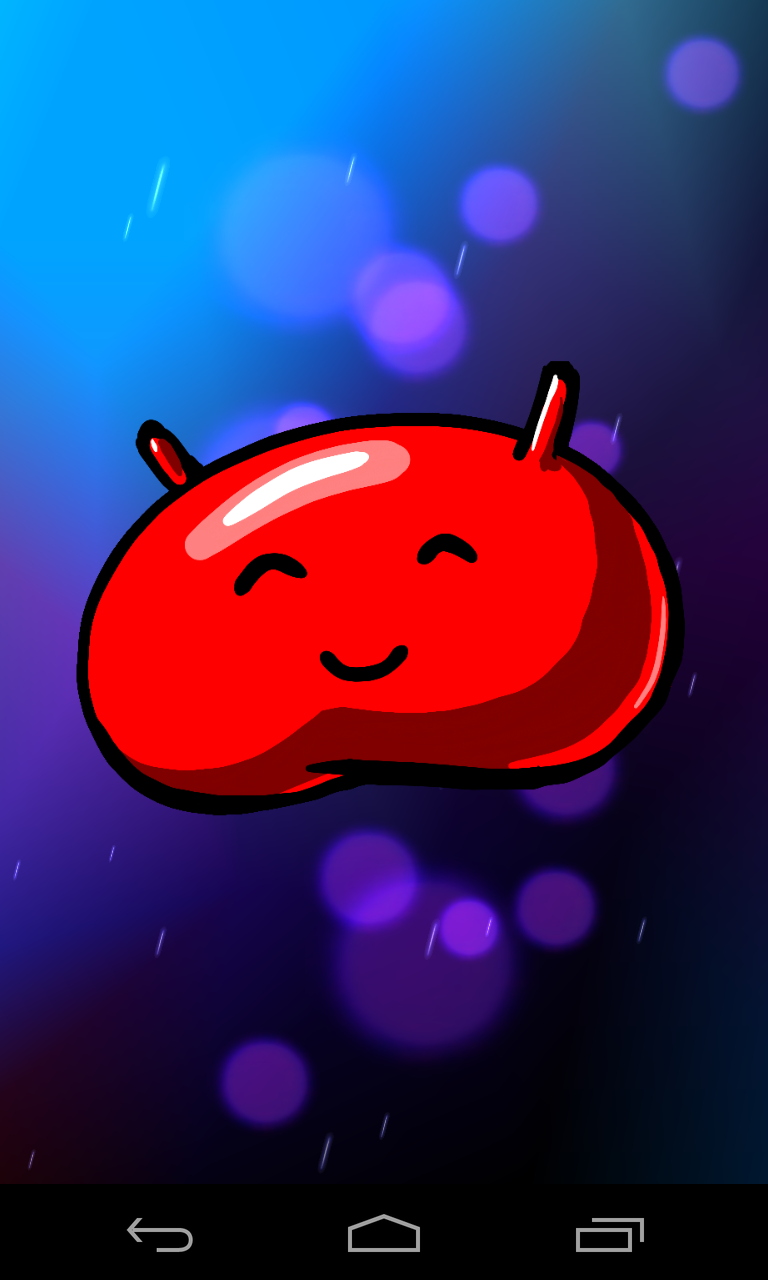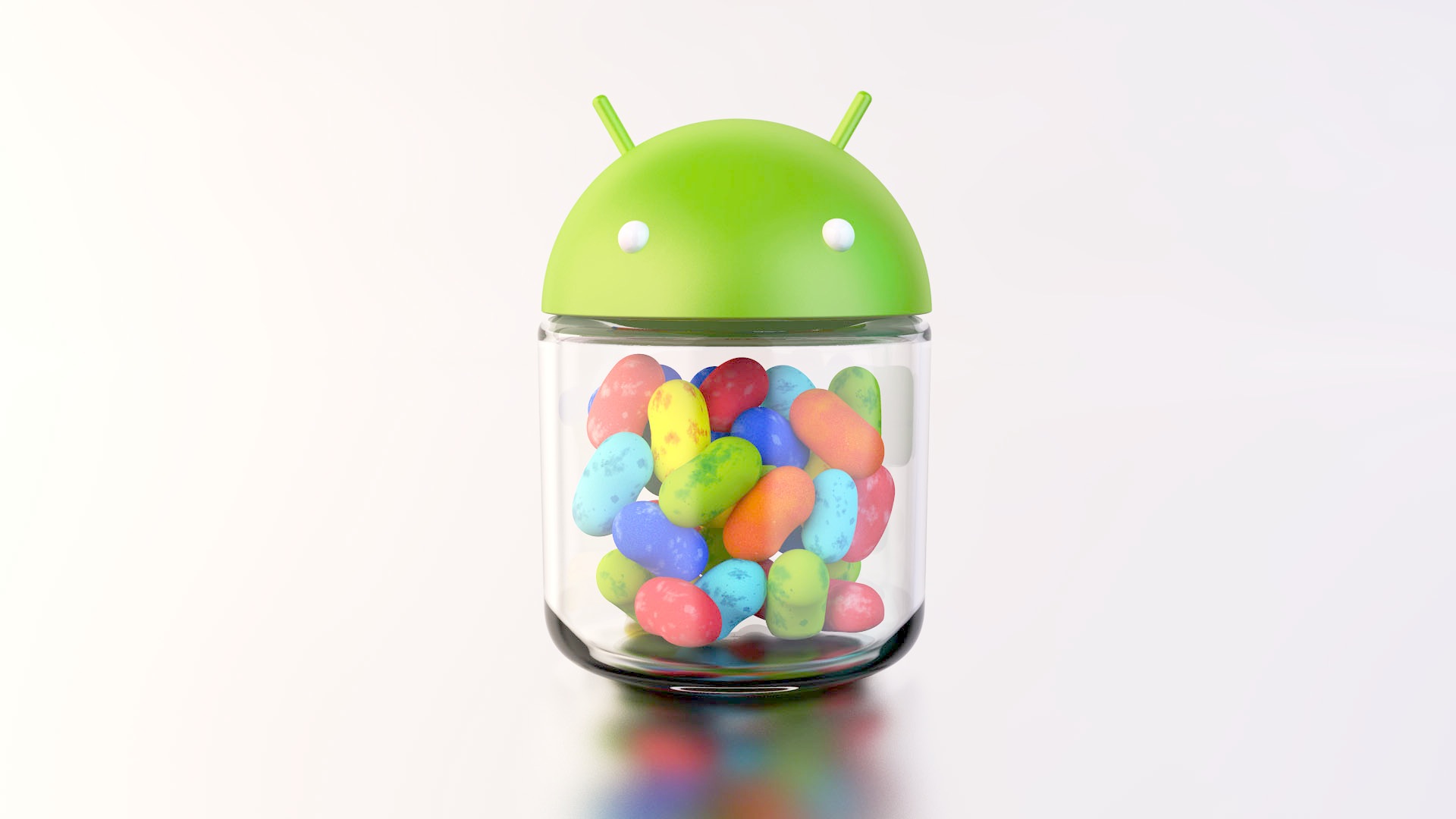TechRadar Verdict
Android 4.1 and then Android 4.2 has made Jelly Bean a thing of beauty. You'll definitely want to give Jelly Bean a look.
Pros
- +
Silky-smooth performance
- +
Improved notifications
- +
Chrome as default
- +
Resizable widgets
Cons
- -
Google Now is limited
- -
Slow roll out
- -
Few tablet-friendly apps
- -
No built-in lost device security
Why you can trust TechRadar
Instead of jumping ahead a full version number from 4.0 to 5.0 with Android this year, Google has wisely decided to slow down the new feature freight train just a little, instead expanding upon the solid foundation introduced with Android 4.0: Ice Cream Sandwich last year.
We saw the first version of Jelly Bean (Android 4.1) in the middle of 2012, and we've now updated our review to cover the latest incarnation of the sugary treat - Android 4.2 - so feast your eyes on what the latest version of Google's OS has to offer.
Although this decision may have more to do with slow adoption of ICS, the iterative release allows Google to catch its breath while hopefully allowing carriers, developers and users alike the chance to play catch-up.

Of course, that doesn't mean Google abandoned its traditional sugary confection-themed naming scheme: The name's Bean… Jelly Bean… and its mission is to hone Android into a leaner, meaner mobile operating system.
Where Android 3.0: Honeycomb was exclusive to tablets and Ice Cream Sandwich attempted to port the slicker UI over to smartphones as well, Jelly Bean is intended to smooth out the platform's remaining rough edges – while hopefully having more success at widespread adoption than its predecessor did.
In the meantime, Google is seizing this opportunity to not only show OEMs how Android tablets should be done but also swat away unwelcome rivals forking its older mobile OS as their own.
Built in conjunction with Asus, Samsung and LG, Google is shipping its own 7-inch Nexus 7 tablet, 10-inch Nexus 10 tablet and powerful Nexus 4 smartphone - all of which have been treated to Android 4.2.
Sign up for breaking news, reviews, opinion, top tech deals, and more.
Will the changes in Jelly Bean be enough to finally make the ambitious goals of Google's Mobile Handset Alliance a reality? Or will handset makers and carriers continue to bog down Android with their own skins, bloatware and other encumbrances?
We may not have the answers to those questions, but there's no denying that Android Jelly Bean is the best version yet – assuming your device is capable of installing it in the first place.
